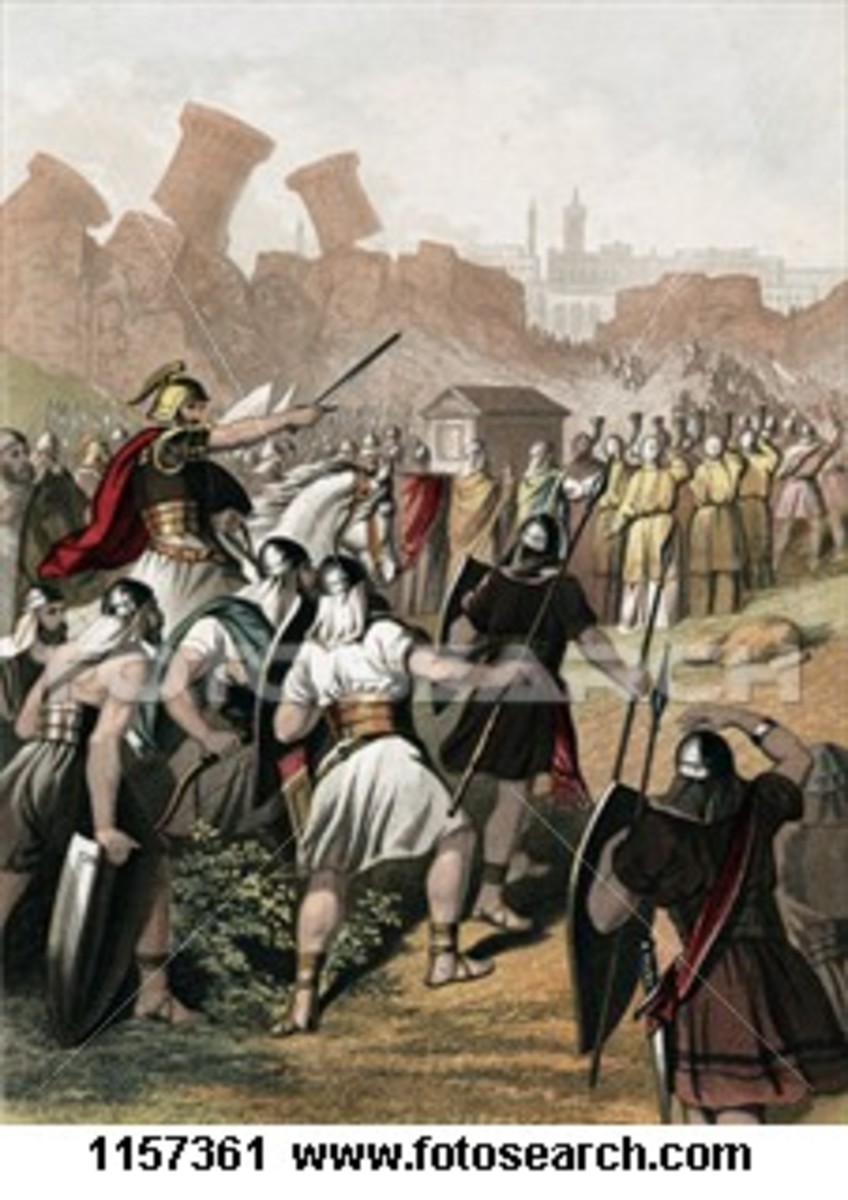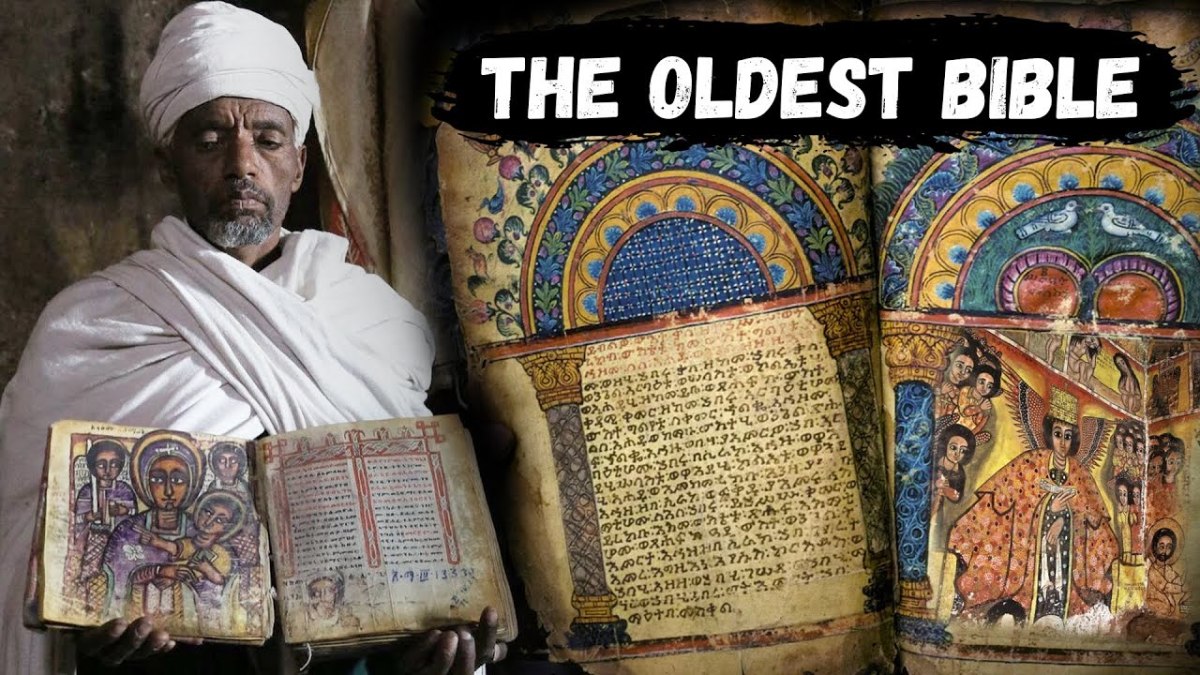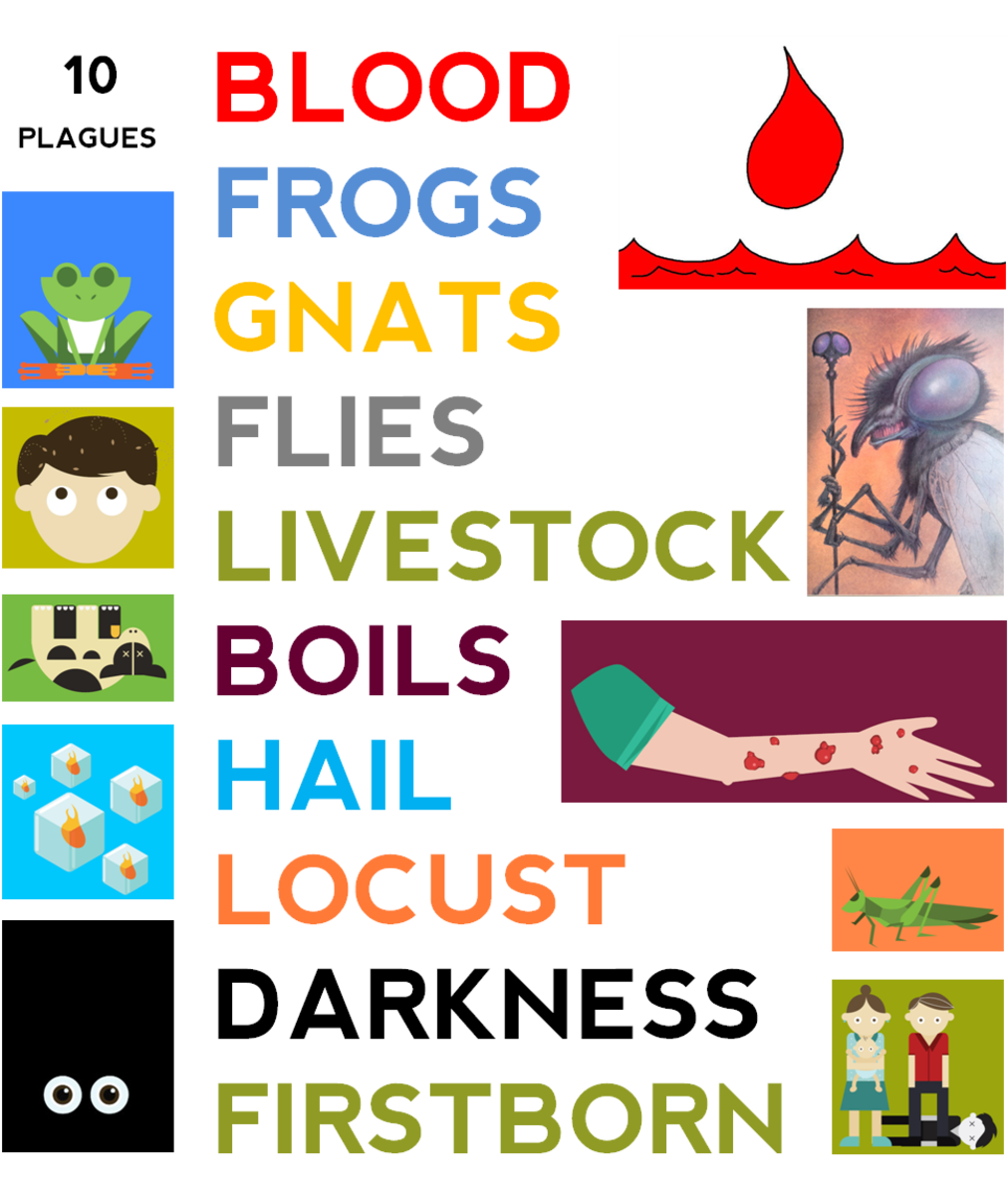Bible: What Does Judges 1-3 Teach Us About the Early Judges of Israel?
Jerusalem

Cause of Major Trial for Israel
view quiz statisticsIsrael's Victories
THE BOOK OF JUDGES
Israel begins well in its post-Joshuan history, inquiring of the LORD about the order of conquest (v. 1).
While cooperating with Simeon, Judah, Yahweh's first pick, routs the Canaanites in the town of Bezek (vv. 2-4).
The lord of Bezek, infamous for severing the thumbs and big toes of conquered kings, reaps at the hands of the Israelites exactly as he had sown (vv. 5-7).
The author of Judges then recounts Judah's victories over Jerusalem (v. 8) and certain Canaanites in the South and in Hebron (vv. 9-10), and Othniel's conquest of the "City of the Book" (Kiriath Sepher) [vv. 11-15; cf. Josh. 15:13-19].
In addition, he records that a certain clan (Jethro's descendants) dwelt with Judah in the Wilderness to the South (v.16), and that Judah and Simeon defeated Canaanites in Hormah (v. 17) as well as Philistines in their principal cities (v. 18).
Victories aside, he is careful not to omit recording the incomplete conquest of the lowlands (v. 19).
[Again, the writer mentions Caleb's expulsion of the giants in Hebron (v. 20; see Joshua 15:14. Why?)]
Benjamin also has trouble completely driving his adversaries from his land in Jerusalem (v. 21).
[This manifest failure, repeated among the other tribes (see 1:27-36), becomes Israel's major source of trial in the future—as God said it would (Josh. 23:12, 13].
Before delineating that unfortunate condition in the Land, however, the author relates how God helped Joseph overthrow Bethel (Luz).
In a display of mercy similar to the type Israel showed to Rahab at Jericho, Joseph spares a certain man who helps them enter the city (vv. 22-26)].
Manasseh (vv. 27-28), Ephraim (v. 29), Zebulun (v. 30), Asher (vv. 31-32) and Naphtali (v. 33) all fail to destroy the Canaanites.
Some of these pagans continue to dwell with the Israelites (vv. 29, 32), but God's people put most of them under tribute (vv. 28, 30, 33).
Dan, however, is a different story; his adversaries, the Amorites, defeat him in the valley.
Only when Joseph becomes strong do these pagan peoples also find themselves put under tribute (vv. 34-36).
[Incomplete victory results from partial disobedience; defeat suggests that Dan had fallen away from God].
The Pre-incarnate Messiah
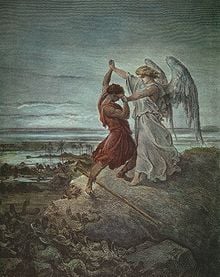
The Angel of the LORD
view quiz statisticsJudges 2
Israel’s pre-incarnate Messiah (in the person of the Angel of the LORD) addresses the nation, decrying their apostasy and their disobedience to the covenant (vv. 1-2).
[Apparently, this incident takes place even before the people disseminate to their own territories (v. 6).
Perhaps only representatives of the tribes attend this meeting.
The account serves as a preface to the following section which discusses Israel's further unfaithfulness].
The Angel repeats His aforementioned decision to withdraw protection from them if they forsook Him (v. 3; cf. Josh. 23:11-13), eliciting a great weeping in Bochim, a town near Gilgal (vv. 4-5).
This outpouring of repentance significantly affects the nation, restraining its evil ways until after the death of Joshua and the elders (vv. 7-9).
It is nonetheless noteworthy that the children of the next generation turn to other gods, because their parents did not train them to know and fear Yahweh (v. 10).
Israel soon becomes unfaithful to the God of their fathers (vv. 11-13); consequently, the LORD follows through with His promise to deliver them into the hands of plunderers and other enemies (vv. 14-15).
When their distress worsens, they cry out before Yahweh, and He mercifully saves them by sending them judges (vv. 16, 18).
However, as soon as a given judge dies, Israel reverts to their faithless stubbornness and becomes even more corrupt (vv. 17, 19).
As the result of their continual disobedience, the LORD determines to test Israel's heart further by allowing many unconquered pagan peoples to dwell among them (vv. 20-23).
Ehud and Eglon
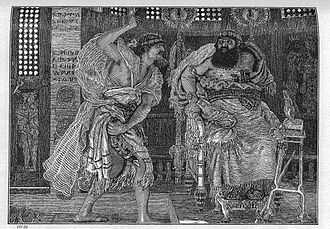
Judges 3
Those nations He permitted to survive Israel's conquest God uses to teach His people about war (vv. 1-3).
[Why did they need to know about war?
Perhaps Yahweh wanted them to experience its horrors, so that they would learn to appreciate the benefit of obedience: rest from conflict.
Or else He saw the need to instruct them how they acquired their inheritance: not by their own power, but by the LORD's].
Surely His testing them was not for His benefit, but to show Israel their apostate heart (vv. 4-6).
Before God sells His people into the hand of a pagan king, each time the text reads: ". . . the children of Israel did evil in the sight of the LORD" (3:7, 12; 4:1; 6:1 et. al.).
For eight years Israel serves Cushan-Rishathaim.
Then, in response to His people's cries, He sends them Othniel, Caleb's brother, to deliver them (vv. 7-9; see 1:13 and Joshua 15:13-19).
Forty years of rest result from his victory accomplished through the power of the Spirit (vv. 10-11).
Next, the author selects the account of Ehud and his assassination of fat Eglon, the king of Moab (vv. 12-30).
The latter had ruled Israel for eighteen years when he suddenly encounters the dagger of left-handed Ehud (vv. 14-25).
The writer records some explicit details about the assassination:
(1) Ehud was left-handed (v. 15).
(2) He hid his dagger along his right thigh (v. 21).
(3) Eglon's blubber covered over Ehud's blade when he thrust it into his body (v. 22).
(4) The former's intestines gushed out (v. 22).
(5) Afterwards, Ehud locked him in his "cool private chamber" (bathroom?).
Hoping that that strategy would give him sufficient opportunity to escape, Ehud believed that Eglon's servants would think that their master was "attending to his needs" and therefore would not dare to interrupt him (vv. 23-24).
And, of course, such was the case (v. 25).
Back at the camp (where he probably related the above story), Ehud assembles Israel for battle [vv. 26-27], and leads them to victory over 10,000 Moabites (vv. 28-29), commencing for God’s people a rest of eighty years (v. 30).
[The author inserts a note about the exploits of Shamgar, another judge who delivered Israel at some stage (v. 31)].
© 2013 glynch1

